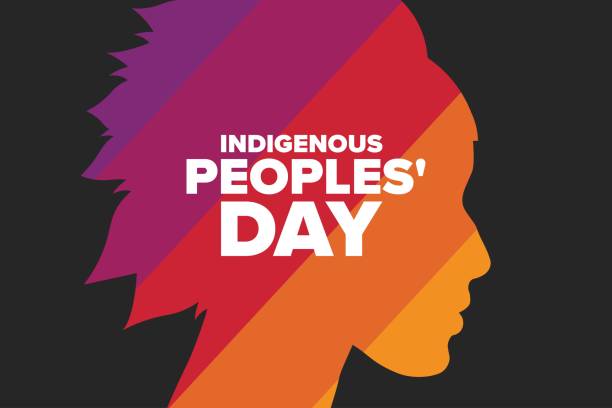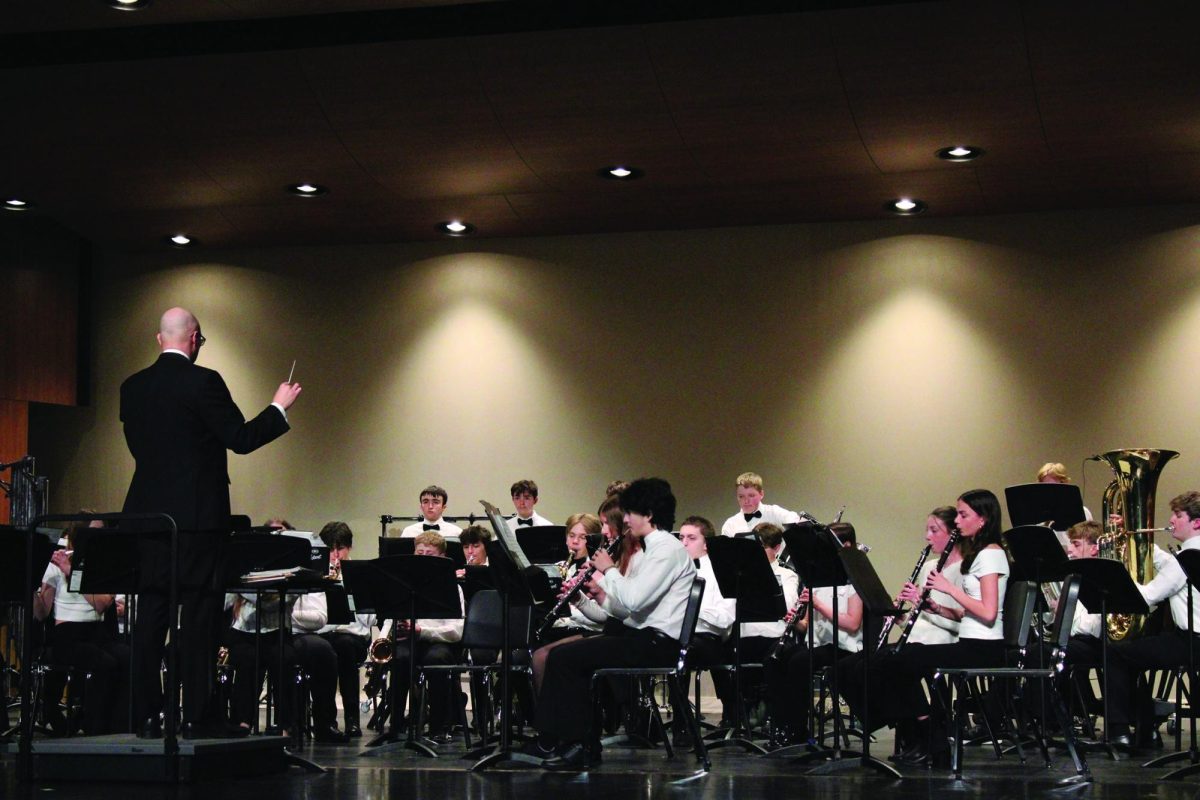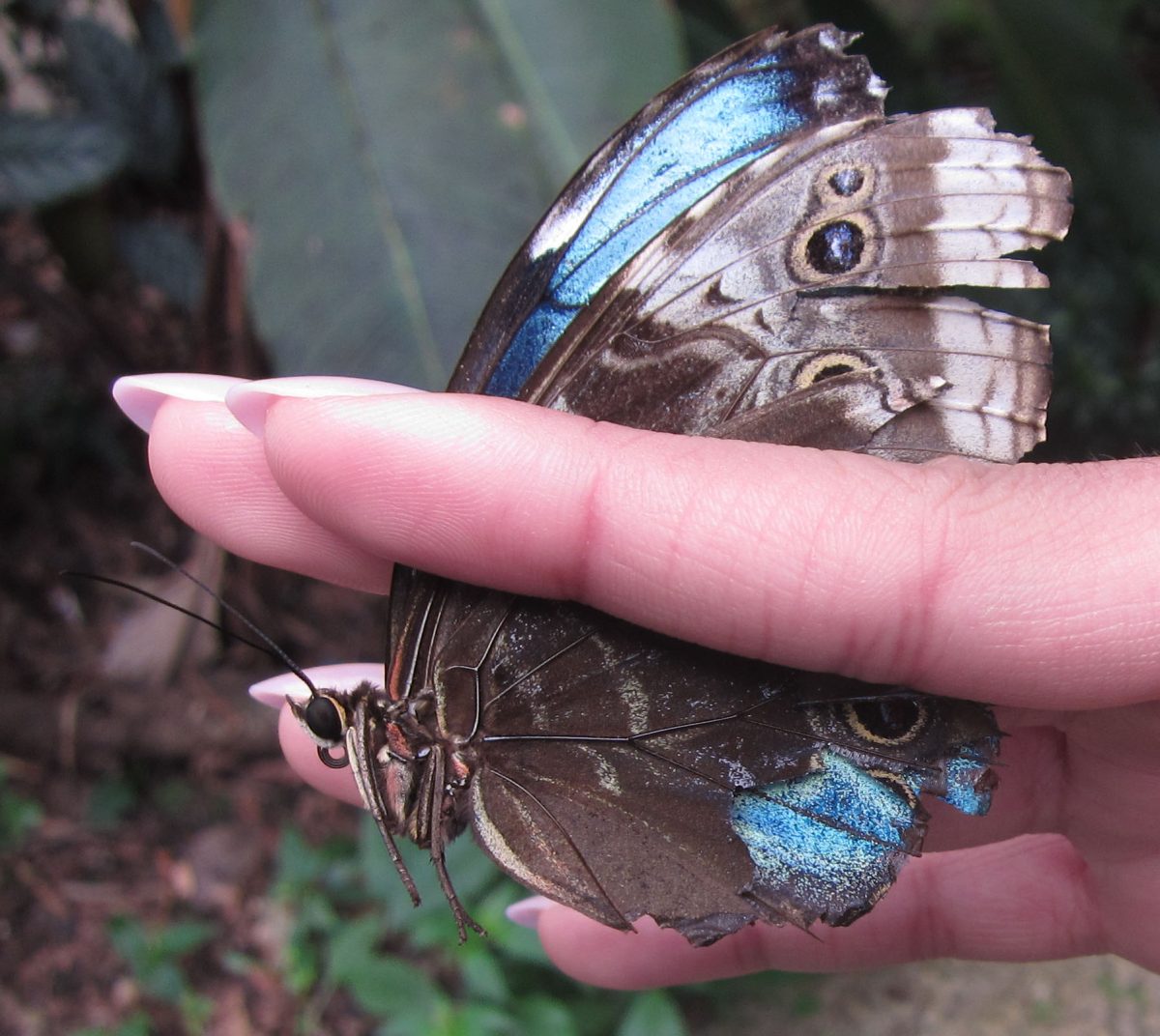We’ve all heard the rhyme “In 1492 Columbus sailed the ocean blue.” You probably also have a memory of sitting on a circle rug in elementary school the Friday before the three-day weekend learning about Christopher Columbus and his voyage. We learned that he set sail from Spain and, en route to Asia, he “discovered America”.
Although there are some truths in the tales that are told about Columbus, most of what is taught is a lie drowned in racism. Columbus set sail in the hope of finding a quicker trade route to India, China, and Japan. Instead, he got lost and landed in the Bahamas, welcomed by communities of Indigenous people. Columbus wrote that the natives he encountered were “gentle and hospitable,” though his actions spoke much louder than his words. Columbus brought diseases to the Indigenous people of the Americas and was a key factor in the genocide, abuse, and rape that occurred at the hands of colonizers following in Columbus’ very footsteps. Within his confusion about where he geographically was, Columbus called the Indigenous Peoples “Indians”. Since then the name has not only stuck but also spread to the indigenous populations of North America and Canada.
Hundreds of years later, in 1937, Columbus Day was established as a national holiday in response to the anti-Italian lynchings in New Orleans. Students got a day off of school, and Italian-Americans used it as a day of remembrance and optimism for the future. But at what cost?
Native Americans and other Indigenous communities in North and South America have been discriminated against and faced racist actions by the government and individual citizens since Columbus landed in the Americas. Native Americans are theorized to have lived in America for upwards of 40,000 years, and tribes still exist today. Tribes live from coast to coast, covering any habitable land, and most tribes have their own unique languages, cultures, and ways of life. When European settlers arrived, Native Americans were forced off of their land, abused, and died en masse due to diseases transported across the Atlantic Ocean. Native Americans helped settlers live on this unfamiliar land by teaching farming techniques and trading goods. After the Americans won the Revolutionary War, the new government got right to action by legally removing indigenous communities from their land and moving them to reservations. The federal government attempted to resolve the issues with treaties, but this rarely solved any disputes. Today, the government is trying to repair its past faults, but little has been done.
One change that states are starting to make is the shift from Columbus Day to Indigenous Peoples Day. Instead of a day that commemorates the xenophobic actions of Columbus, this day is meant to share the truth behind Columbus and showcase Native Americans in a more positive light. In 1990, South Dakota became the first state to recognize Native American Day (the same holiday with a different name) as a state holiday. Since then, 15 other states have made the same move; it is not yet a federal holiday. Indigenous communities share support for this change and think it is a step in the right direction, but also believe that it is not enough. On this day, it is important to learn about Native American culture, history, and traditions, be cognizant of the past and current actions taken against Native Americans that harmed them in the long and short term, and be aware of who lived on this land before you.
I personally think that this movement is a great change that will make people aware that Native Americans are still around to this day and help to start making baby steps toward compensating for all of our country’s wrongs. The most important thing you can do on this day is acknowledge whose land you are on. Indigenous people have had so much stolen from them over the past 250 years, and it is time that we face the repercussions and repair our wrongdoings. Where NC and SC currently sit the Odwéwadmi (Potawatomi), Očhéthi Šakówiŋ, Myaamia, Hoocąk (Ho-Chunk), Kiikaapoi (Kickapoo), and Peoria tribes all have habited in the past.





















![Movie poster for '[Rec]" (2007).](https://www.lionnewspaper.com/wp-content/uploads/2023/04/rec-640x900.jpg)








Ellie • Oct 3, 2023 at 3:03 pm
great article zo.